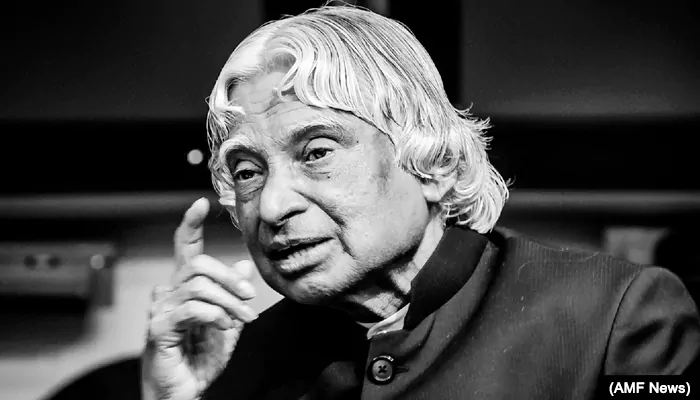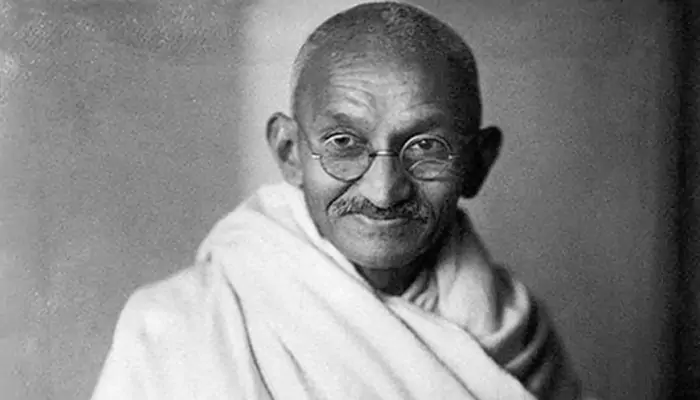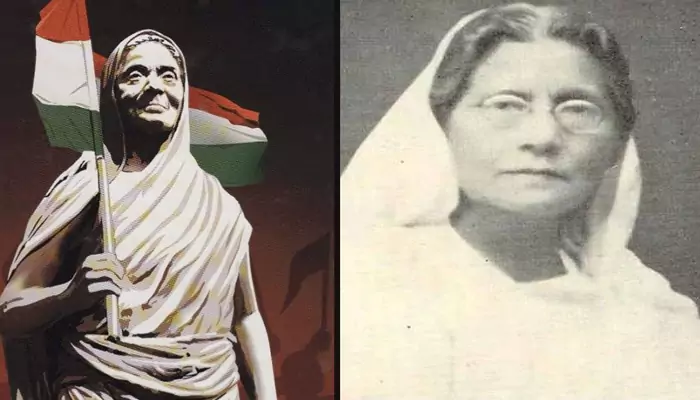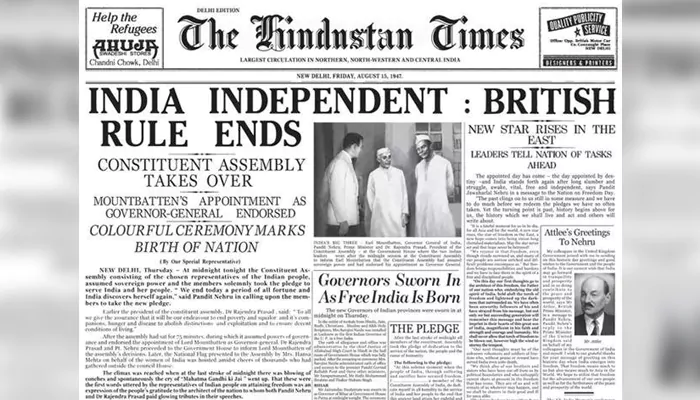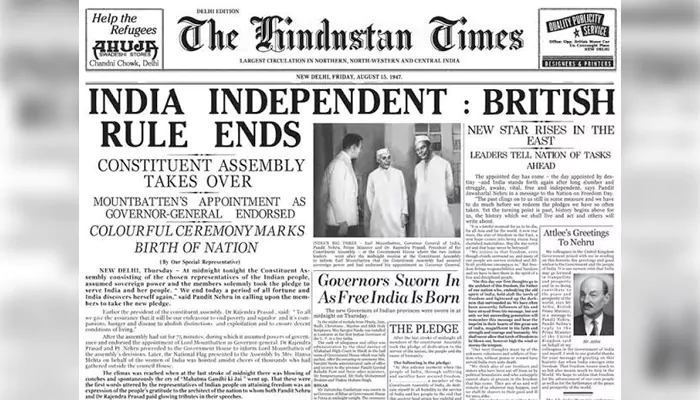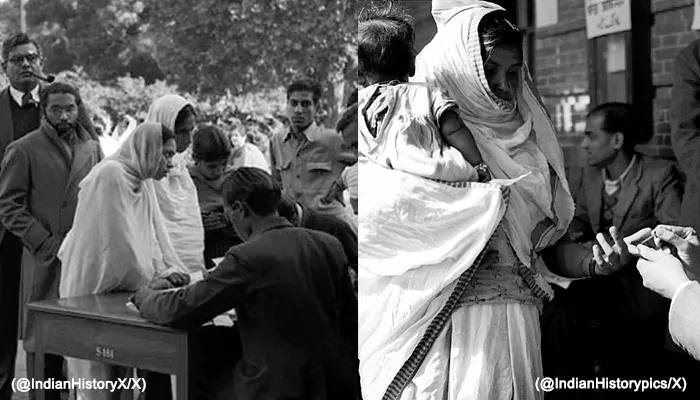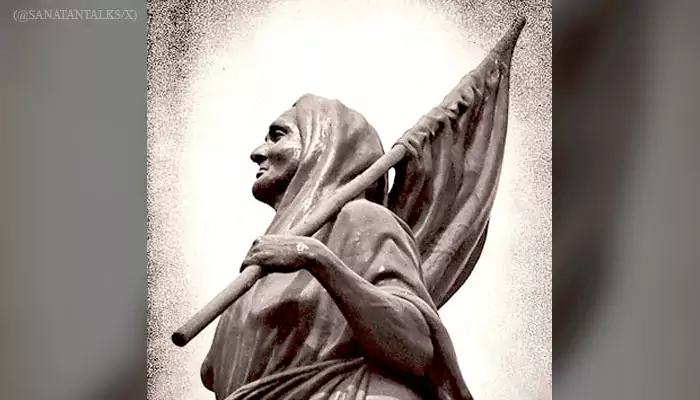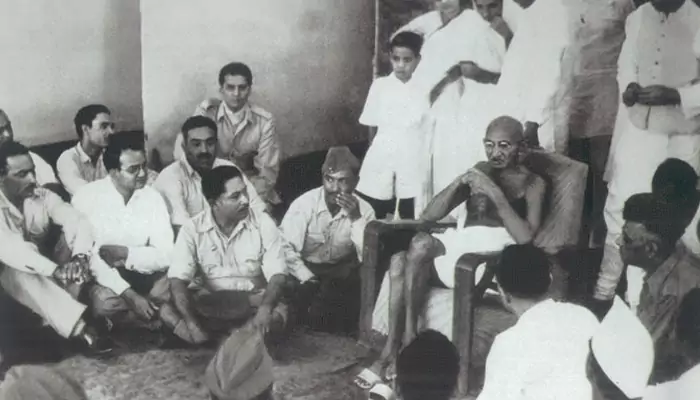Albert Einstein's Birth Anniversary: Science Meets Spirituality - Einstein & Rabindranath Tagore's Legendary Conversation
- Sayan Paul
- 10 months ago
- 4 minutes read

On July 14, 1930, Albert Einstein and Rabindranath Tagore met for an incredible conversation on science, philosophy, and the meaning of life.
Albert Einstein was a stalwart in the field of science, while Rabindranath Tagore was a legendary figure in literature. Two of the greatest minds of the 20th century, Einstein and Tagore had different perspectives about the world (or about human life in general). Yet, at the core, both were in pursuit of spirituality and sought nothing but the truth. Hence, when their paths met on July 14, 1930, at Einstein's house near Berlin, it was one of the greatest events ever. What followed was, as the media put it, “one of the most stimulating, intellectually riveting conversations in history exploring the age-old friction between science and religion." The conversation was recorded and subsequently published in the January issue of Modern Review.
Albert Einstein met fellow Nobel Laureate Rabindranath Tagore at his home in Berlin #OnThisDay in 1930. The two distinguished minds explored the concepts of science, religion, consciousness, and philosophy.
— The Nobel Prize (@NobelPrize) July 14, 2018
Read an excerpt from their conversation: https://t.co/h638caaAYZ pic.twitter.com/QNWmxQTW4g
(Credit: The Nobel Prize)
On Einstein's 146th birth anniversary, we share an excerpt of his conversation with Tagore.
Einstein: Do you believe in the Divine as isolated from the world?
Tagore: Not isolated. The infinite personality of Man comprehends the Universe. There cannot be anything that cannot be subsumed by the human personality, and this proves that the Truth of the Universe is human Truth.
I have taken a scientific fact to explain this — Matter is composed of protons and electrons, with gaps between them; but matter may seem to be solid. Similarly, humanity is composed of individuals, yet they have their interconnection of human relationships, which gives living unity to man’s world. The entire universe is linked up with us in a similar manner, it is a human universe. I have pursued this thought through art, literature, and the religious consciousness of man.
Einstein: There are two different conceptions about the nature of the universe: (1) The world as a unity dependent on humanity. (2) The world as a reality independent of the human factor.
Tagore: When our universe is in harmony with Man, the eternal, we know it as Truth, we feel it as beauty.
Einstein: This is the purely human conception of the universe.
Tagore: There can be no other conception. This world is a human world — the scientific view of it is also that of the scientific man. There is some standard of reason and enjoyment which gives it Truth, the standard of the Eternal Man whose experiences are through our experiences.
Einstein: This is a realization of the human entity.
Tagore: Yes, one eternal entity. We have to realize it through our emotions and activities. We realized the Supreme Man who has no individual limitations through our limitations. Science is concerned with that which is not confined to individuals; it is the impersonal human world of Truths. Religion realizes these Truths and links them up with our deeper needs; our individual consciousness of Truth gains universal significance. Religion applies values to Truth, and we know this Truth as good through our own harmony with it.
Einstein: Truth, then, or Beauty is not independent of Man?
Tagore: No.
Einstein: If there would be no human beings anymore, the Apollo of Belvedere would no longer be beautiful.
Tagore: No.
Einstein: I agree with regard to this conception of Beauty, but not with regard to Truth.
Tagore: Why not? Truth is realized through man.
Einstein: I cannot prove that my conception is right, but that is my religion.
Tagore: Beauty is in the ideal of perfect harmony which is in the Universal Being; Truth is the perfect comprehension of the Universal Mind. We, individuals, approach it through our own mistakes and blunders, through our accumulated experiences, through our illumined consciousness — how, otherwise, can we know the Truth?
Albert Einstein and Rabindranath Tagore In Berlin , Germany pic.twitter.com/WJOdSDCUh8
— indianhistorypics (@IndiaHistorypic) May 7, 2018
(Credit: indianhistorypics)
Certain things are beyond any analysis, and the Einstein-Tagore conversation is one such example. It cannot have one single meaning or interpretation - you read it one way, I read it another. Years later, with more life experiences, we may interpret it differently again. That’s its beauty; it changes with each person and evolves as we do.

